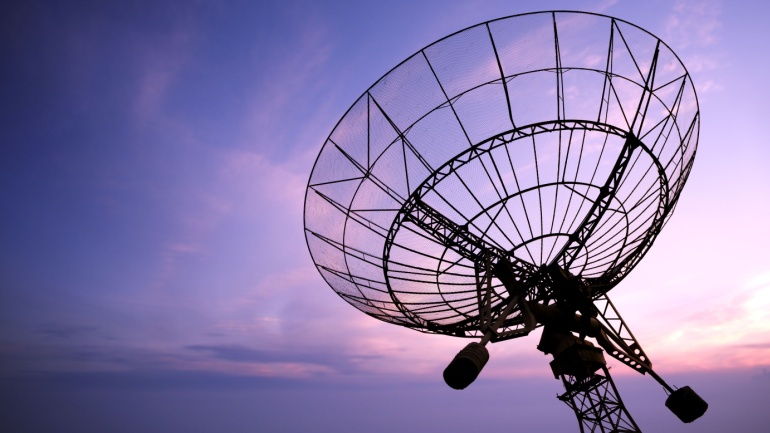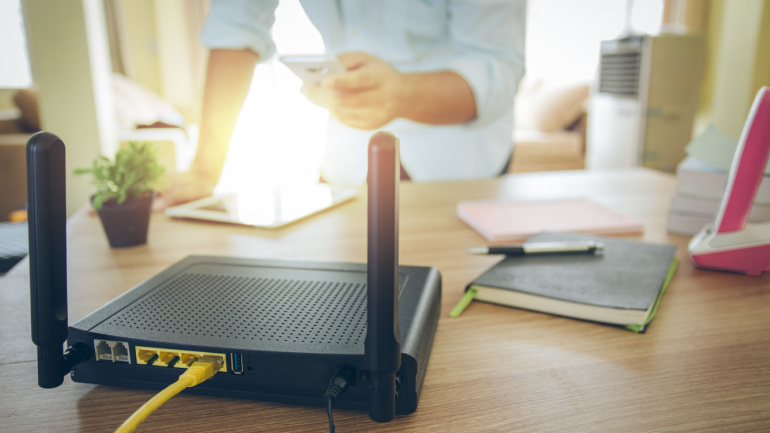Dish Network’s financial struggles have intensified, leading to the likelihood of not completing a significant spectrum purchase from T-Mobile US. The satellite TV provider, aspiring to expand into mobile networks, disclosed its precarious financial situation, hinting at potential challenges in continuing operations.
Deutsche Telekom and the satellite company Viasat have recently enhanced in-flight internet connectivity for flights to and from Cyprus by activating three new ground stations. These stations are part of an expansion that strengthens the European Aviation Network (EAN) in the Eastern Mediterranean, bringing the total to 300 ground network antenna sites across Europe.
TalkTalk has surged ahead to become the UK’s largest retail fibre broadband provider, boasting a service reach to over 15 million premises, edging out competitors like Vodafone and Zen Internet in the race for the broadest fibre network. This expansion has positioned TalkTalk at the forefront of the UK’s digital infrastructure landscape, despite facing operational hiccups.
Fastwyre Broadband, a legacy communications company, is investing $65 million into amplifying its fiber-optic infrastructure throughout Louisiana. The objective is to deliver unparalleled internet speeds, championing both residential and business connectivity requirements. CEO, Chris Eldredge, outlined the company’s profound commitment to fostering digital empowerment within local communities.
Intelsat has recently made headlines with several announcements at the Mobile World Congress (MWC), highlighting the evolving role of satellite connectivity in today’s digital world. Among these announcements was the notable expansion of its partnership with Openserve, a South African telecommunications infrastructure provider, to include cutting-edge hardware and enhanced satellite services. This move underscores a broader shift in the satellite connectivity landscape, from a focus on remote areas to a versatile tool for modern telecommunications challenges.
In a groundbreaking development, Rakuten Mobile, in partnership with Nokia, has successfully conducted a trial demonstrating the capability of transmitting data at a rate of 1 terabit per second (Tbps) over a single wavelength. This trial spanned an impressive distance of 820 kilometers across both subsea and terrestrial networks in Japan, setting a new benchmark in the Asia Pacific region for this level of data transmission.
The telecommunications sector leaps forward as KDDI and SpaceX bring a game-changing satellite-to-cellular service, intertwining mobile and satellite technologies. Leveraging SpaceX’s Starlink low-earth orbit satellites and KDDI’s national wireless spectrum, the partnership aims to expand urban connectivity into rural areas. While the innovation promises swift deployment and extensive coverage, it also poses challenges, including the need for costly, satellite-enabled handsets.
In a groundbreaking move, Mavenir is joining forces with Terrestar Solutions, a satellite operator based in Canada, to pioneer a project that seamlessly blends satellite connectivity with Open RAN terrestrial networks. This collaboration, revealed just before the Mobile World Congress (MWC), aims to offer users across the globe uninterrupted connectivity by merging satellite and terrestrial network capabilities.
TELUS, in partnership with Samsung Electronics, has unveiled plans to initiate Canada’s inaugural commercial virtualized and open radio access network (RAN), marking a significant leap forward in the telecom industry. This next-generation network technology aims to elevate performance, flexibility, energy efficiency, and automation, setting a new standard for mobile connectivity across Canada.
In a bold move to accelerate the United Kingdom’s digital infrastructure, nexfibre, a UK-based wholesale fibre network provider, has committed to investing £1 billion during the 2024 financial year. This investment aims to significantly expand the country’s broadband capacity, focusing on areas currently underserved by existing networks.













